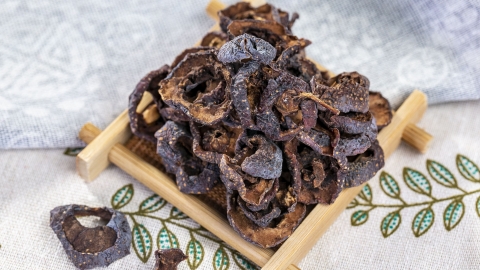Can drinking hawthorn tea help lower blood lipid levels?
Generally speaking, hawthorn soaked in water can help lower blood lipids to some extent, but the effect varies from person to person and cannot replace medical treatment. If concerned, it is recommended to consult a healthcare professional in advance. Detailed analysis is as follows:

Hawthorn contains various organic acids and flavonoids, which can promote fat metabolism and help reduce cholesterol and triglyceride levels in the blood. Individuals with mildly elevated blood lipids may benefit from moderate consumption of hawthorn-infused water as an adjunctive measure. Additionally, hawthorn can aid digestion and reduce the burden of greasy foods on the body, thereby indirectly helping maintain lipid balance.
If blood lipid levels are very high or if a person has been diagnosed with hyperlipidemia, simply drinking hawthorn-infused water may not achieve the desired effect. In such cases, following medical advice and adopting a more systematic treatment approach, such as taking medications or adjusting dietary habits, is necessary. Moreover, excessive consumption of hawthorn water may cause gastrointestinal discomfort, particularly for individuals with excessive stomach acid, potentially worsening symptoms.
Therefore, blindly relying on hawthorn-infused water in inappropriate situations will not only fail to improve the condition but may also lead to other health problems. Additionally, hawthorn water should be consumed in moderation, and its long-term use should be determined according to individual circumstances.






